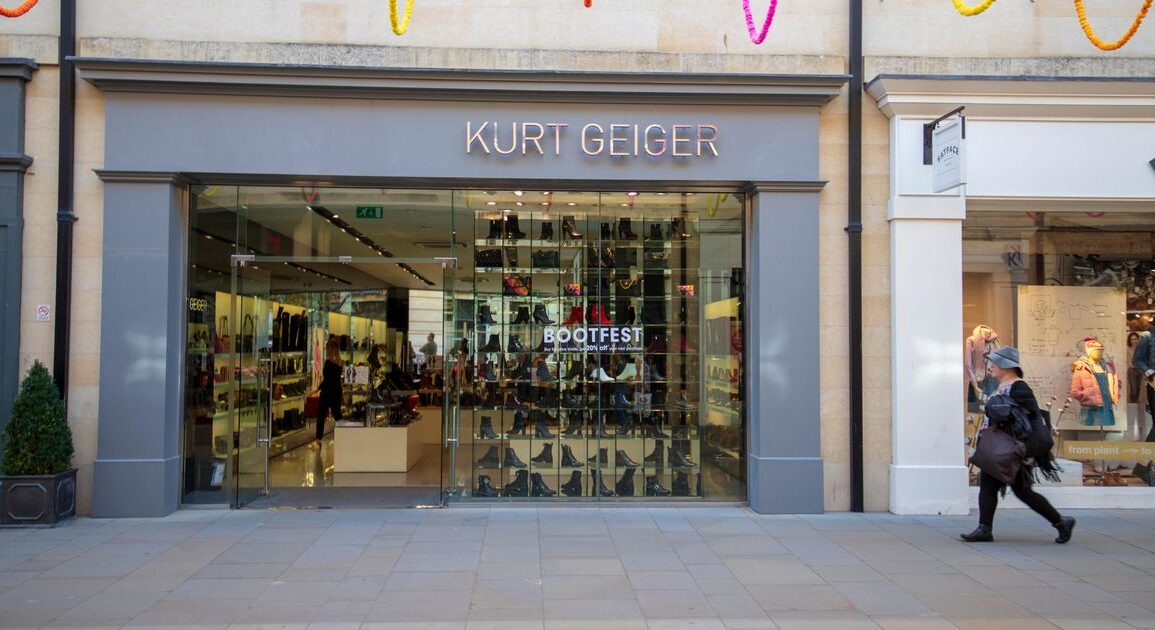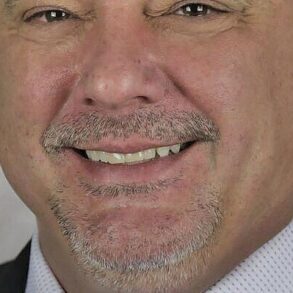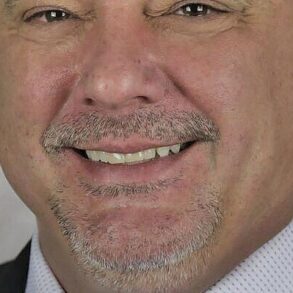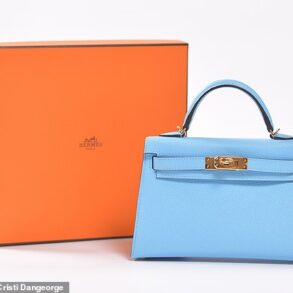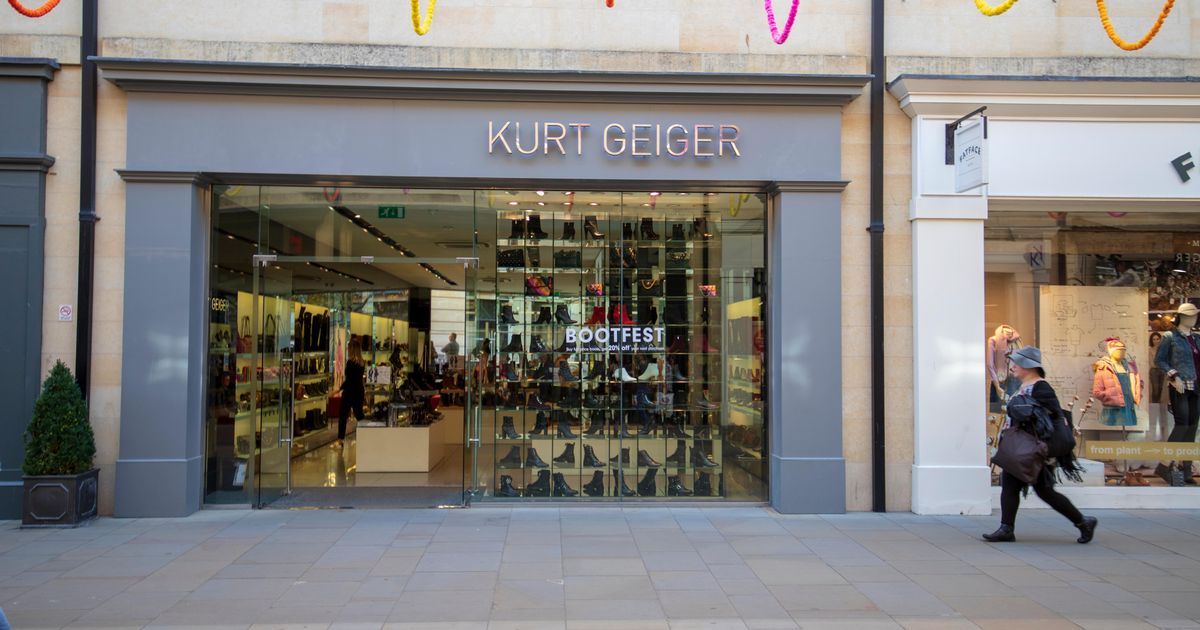
Kurt Geiger is looking ahead with confidence as the company reported that demand for its leather handbags has nudged profits up by a third over the past year, with a boost in sales seen in its US business.
The high-flying UK fashion label revealed profits surged and revenues increased by 10% after a number of new high street store openings. It came as the business, which has been owned by private equity firm Cinven and its management team since 2015, unveiled a new campaign with model Emily Ratajkowski for its latest collection.
Boss Neil Clifford said the brand is on course “smash” annual forecasts as sales continue to build. Kurt Geiger has generated revenues of £360million for the year leading up to February 2024, fashioning a 10% step up from the year before. Powering forward, the label attributes its growth spurt to the demand for its “affordable luxury handbags”, now Kurt Geiger’s crown jewel product.
The group’s fast-growing handbag business posted record sales of £115.6 million over the year. Kurt Geiger said its handbags, which sell at an average price of £250, had performed particularly well in the face of rising prices within the fashion market and waning consumer demand for luxury goods.
Kurt Geiger performed strongly in the US where sales on its website doubled, reaching £29million. The brand is popular with celebs like Kylie Jenner, Julia Roberts, and Jennifer Lopez, who have been snapped with their creations. The brand is set to open new stores in New York, Los Angeles, and San Diego this year.
In the UK, Kurt Geiger opened eight new stores over the past year, including its global flagship on Oxford Street, London, measuring 3,000 square feet. The group also revealed that earnings grew by 34.4% to £40.4 million for the year.
Mr Clifford said: “Our brand has unique design aesthetic – fun, colourful and instantly recognisable. 2024 is on track to smash all of our most ambitious predictions – with our global footprint growing exponentially, driven by handbags. Not bad for an independent British brand, operating against a pretty tough economic backdrop.”
This post was originally published on this site be sure to check out more of their content.




